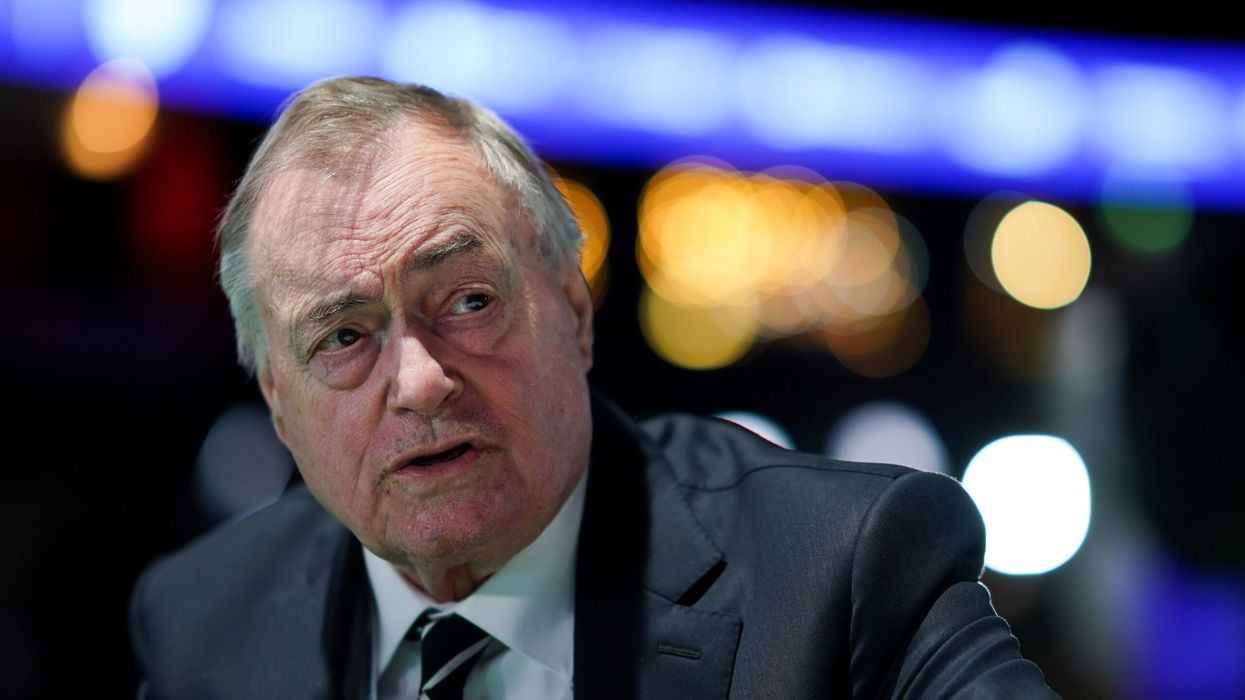JOHN Prescott, former deputy prime minister and key figure in Tony Blair’s Labour government, has died aged 86, his family announced on Thursday.
In a statement, his family said: “We are deeply saddened to inform you that our beloved husband, father and grandfather, John Prescott, passed away yesterday (Wednesday) at the age of 86.”
Tony Blair, who appointed Prescott as his deputy to bridge divides within the Labour Party during its move to the political centre, expressed his sorrow. “There was no one quite like him in British politics,” Blair told BBC Radio.
Keir Starmer described Prescott as "a true giant of the Labour movement" and paid tribute to his role in shaping the party. "He was a staunch defender of working people and a proud trade unionist. During a decade as deputy prime minister, he was one of the key architects of a Labour government that transformed the lives of millions of people across the nation," Starmer said.
He added: "So much of John's work set the path for those of us fortunate enough to follow. From leading climate negotiations to fighting regional inequality, his legacy will live on well beyond his lifetime."
Prescott, a former merchant seaman and trade union activist, served as a member of parliament for Hull in northern England for four decades. His wife Pauline and their two sons said he passed away "peacefully" in a care home, surrounded by family and the jazz music of Marian Montgomery.
In 2019, Prescott suffered a stroke and had been living with Alzheimer's. He was appointed to the House of Lords but stepped down as a member in July due to health issues.
Prescott served as deputy prime minister for 10 years following Labour's landslide 1997 general election victory. Known for his plain-speaking manner, he once punched a protester who threw an egg at him during a campaign stop in North Wales.
Beyond his role as deputy, Prescott acted as a mediator between Blair and chancellor Gordon Brown, helping manage tensions within the party as it underwent significant transformation in the 1990s.
Prescott’s portfolio included the environment and transport, and he led Britain’s negotiations for the Kyoto Protocol on climate change. Blair, in a letter to Prescott in 2007, highlighted his contributions, saying: "The completely unique Prescott blend of charm and brutality... got you through the decade, kept the government together and above all, gave me a lot of fun. I was lucky to have you as my deputy."




